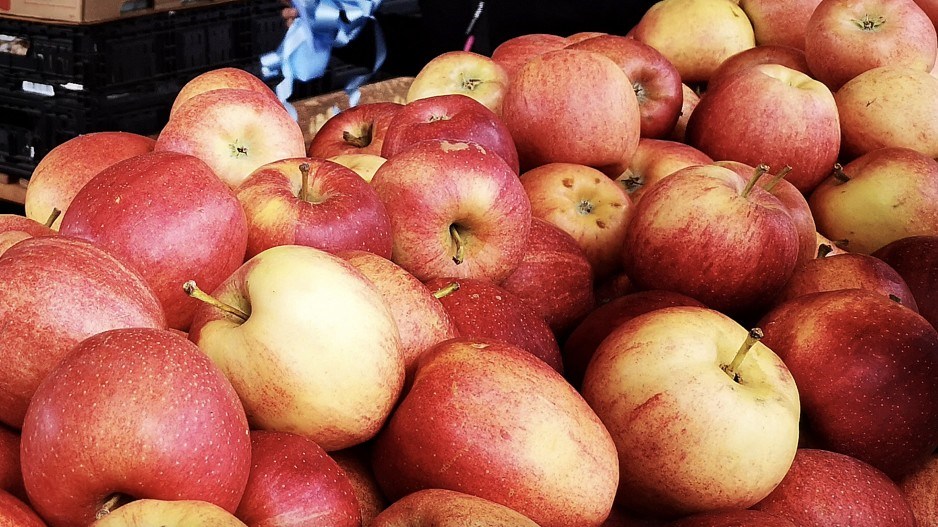When BIV last week asked Stong's Market CEO Brian Bradley whether he planned any grocery-price freezes to compete with the nation's largest grocer's ones on its No Name brand, Bradley said there was little that he could do because his two-store chain has no house brands.
“Part of our problem is that, as a small independent, we don't have the leverage with suppliers to ask for price freezes like a company like Loblaw [Cos. Ltd. (TSX:L)] does," he said.
Canada's Competition Bureau today announced that it will investigate competition in the country's grocery sector, aiming to come up with a list of recommendations for governments to put into effect to keep large grocers from being able to dominate the industry. It is not an investigation into wrongdoing, the bureau said.
The study will end in June and examine:
• to what extent higher grocery prices are a result of changing competitive dynamics;
• lessons from other countries that have taken measures to increase competition in the sector; and
• how governments can lower barriers to entry and expansion to stimulate competition for consumers, according to the bureau.
"We will focus on competition in the grocery sector and why prices are so high right now," the bureau said in a statement.
"Some people say it is because inflation has made it more expensive for grocers to buy the products that they sell. Others say that grocers are charging higher prices because they do not face enough competition. We want to better understand these issues. We also want to know what Canada can do to make it easier for new businesses to compete and innovate."
Public submissions will be accepted until Dec. 16 via a web portal or email.
Toronto-based Loblaw on Oct. 17 created a buzz in the market by announcing a price freeze until Jan. 31, 2023, on its house brand No Name’s products, which it sells in B.C. at its Loblaws, Real Canadian Superstore, No Frills, T&T and Shoppers Drug Mart stores.
Even large B.C. grocers find it challenging to compete with Canadian giants such as Loblaw, Metro Inc. (TSX:MRU.A) and Empire Co. Ltd. (TSX:EMP), which owns Sobeys.
Save-On-Foods is at a disadvantage, compared with national brands, because its operations are exclusively in Western Canada, CEO Darrell Jones told BIV.
Jones' company contracts producers to can products, such as corn, which are then labelled Western Family, but those producers often first prioritize national grocers that have larger orders.
He said that Save-On-Foods' profit margin has shrunk in the past year.
Dalhousie University’s Agri-Food Analytics Lab research compared year-end profit margins at Canada's three largest grocers and found that profit margins have not changed much in the past four years.




